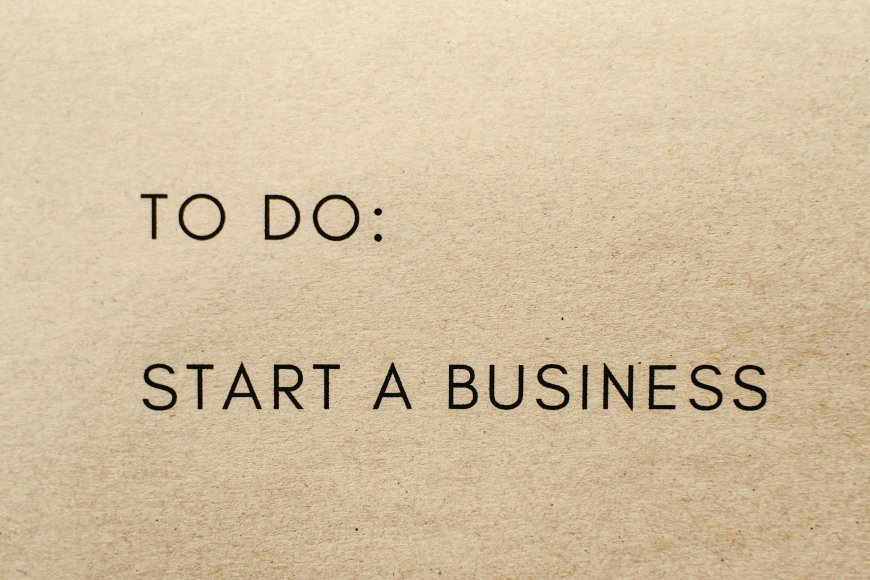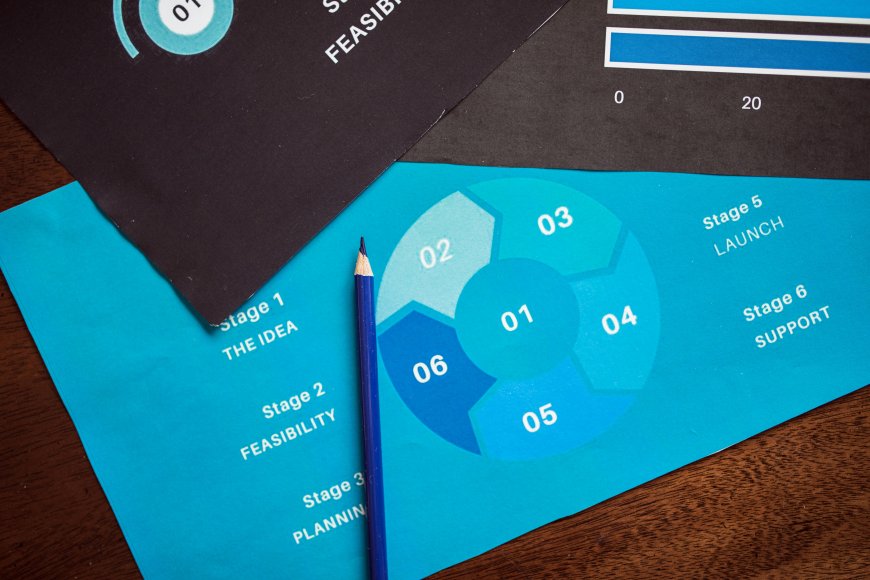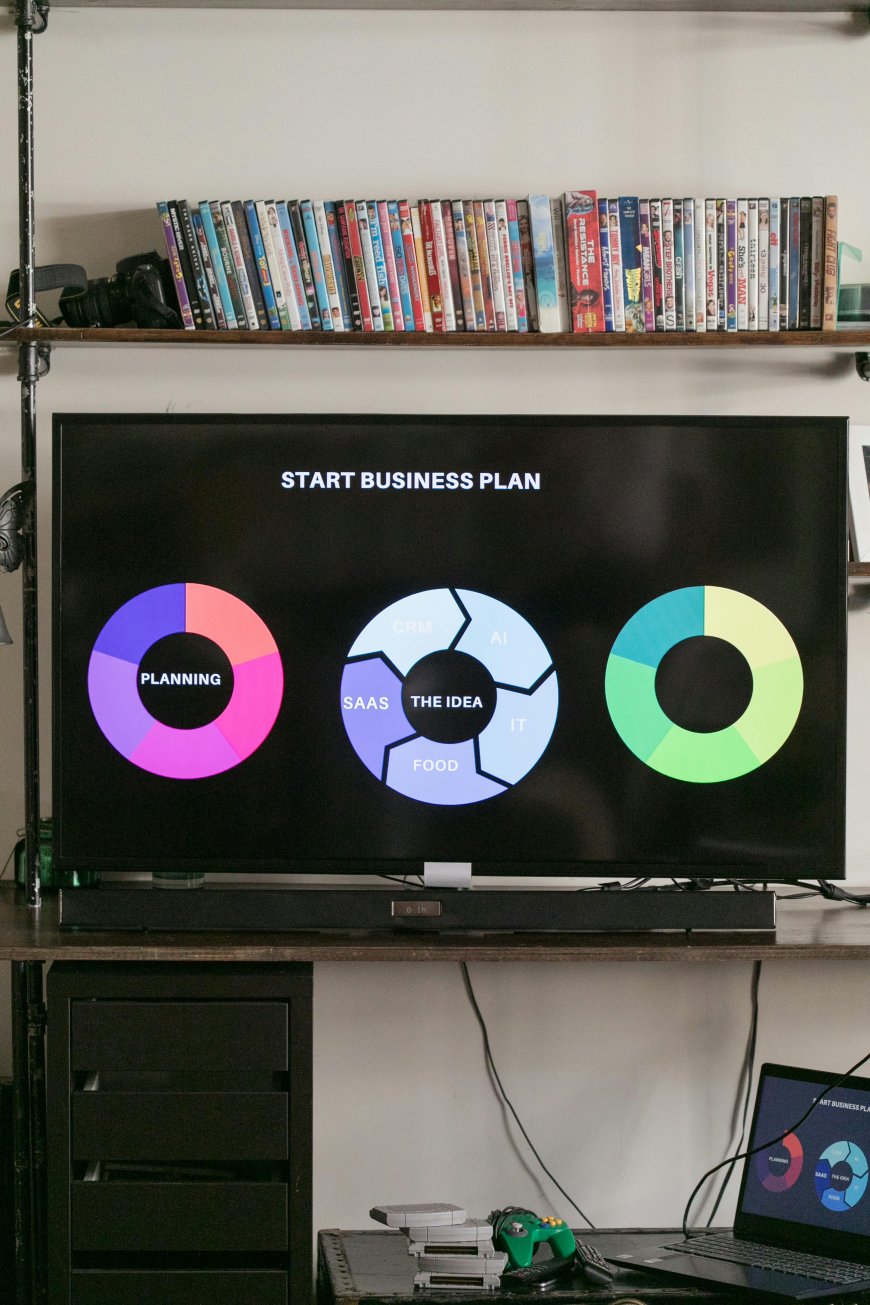A Comprehensive Guide on How to Get a Business Idea
This guide outlines a step-by-step process for generating a business idea, starting with self-assessment to identify skills and passions, solving real-world problems, and leveraging market trends. It emphasizes the importance of testing ideas with a minimum viable product (MVP), conducting market research, and evaluating the feasibility of ideas. As such, entrepreneurs are encouraged to network, overcome common challenges like fear of failure and lack of resources, and continuously refine their ideas based on feedback to build a successful business.
A Comprehensive Guide on How to Get a Business Idea
Starting a business is an interesting venture filled with promises and possibilities. However, one of the most common challenges entrepreneurs face is figuring out what kind of business to start.
The right kind of business is the foundation for a successful venture but the process of coming up with the idea can be challenging. This article aims to give you a comprehensive guide to generate business ideas and walk you through practical steps to use, explore common challenges, and provide insight to everything you need to know to take the first step to become an entrepreneur. Let's get into it!
1. Understand the Importance of Self-Assessment
The process of getting a business idea starts with understanding yourself. What are your skills, passions and areas of expertise? Thinking on these points can help provide clarity on the kind of business you might naturally flourish in. To conduct a thorough evaluation, ask yourself questions like:
- What are my strengths and weaknesses?
- What skills have I developed in my career and/or personal life?
- What industries do I have experience and/or interest in?
Practice!
After asking yourself these questions, list your skills, interests and experiences. Create a list of your professional and personal skills and the areas you're passionate about. This clarity will narrow down your search for the right business idea.
2. Solve a problem
Many successful businesses are built around solving a specific problem. When you look around, you see a world full of inefficiencies, unmet needs and frustrations. The key to having a great business idea is by identifying a problem that you can solve with your unique skill set. So pay attention to daily inconveniences, industries that are ripe for disruption or inefficiencies in current products or services. Simply put, identify pain points!
Practice!
Start by writing down problems you encounter regularly or the ones you've noticed in your community or in an industry. When you have a list, think of potential solutions and whether those solutions can evolve into a business.
3. Leverage on Trends and Market Research
Staying on top of industry trends and market demands is essential for coming up with business ideas that are relevant and are in demand. Today, technology, sustainability and convenience are driving forces across multiple industries. Identifying emerging trends can position you at the forefront of a growing market.
Practice!
Conduct a market research. Use tools like Google trends, industry reports and social media platforms to monitor emerging trends. Research industries that are growing rapidly like renewable energy, e-commerce, e-learning, and artificial intelligence. Ask yourself, how you can contribute to the trend or what you can do differently.
4. Start with what you know but think outside the box
One of the most effective ways to come up with a business idea is to look at industries you are already familiar with. When you understand an industry, it gives you an advantage when identifying gaps or opportunities for improvement. However, you do not need to limit yourself strictly to your area of expertise alone; thinking outside the box can lead to breakthrough ideas.
Practice!
Brainstorm within your field. Create a mind map of the industry or job you're currently in and identify challenges, pain points or ways the business is changing. Then consider how you can improve existing processes or services or how you can capitalize on new market demands.
5. Evaluate your business idea
Once you have brainstormed some business ideas, evaluate them critically. You can ask yourself these questions to help you:
- Is there a demand for this product or service?
- Is it feasible given my current resources?
- How competitive is the market?
- Can I bring something unique to the table?
- Does the idea align with my long-term goals and passions?
Practice!
Conduct a feasibility study. Research your target audience, analyze your competitors and determine the cost of starting and running your business. At this point, it is essential to be objective and practical. If the idea is not feasible, it is better to stop early rather than waste time and resources.
6. Start small and with a minimum viable product (MVP)
You don't need to have the perfect product or service from day one. A minimum viable product (MVP) is the simplest version of your business idea that can meet customer needs. Starting small allows you to test your business idea with minimal risk and investment. You can gather feedback at this stage, work on your product or service and refine it before scaling up.
Practice!
Create and test a MVP. Develop the basic version of your product or service and offer it to a small audience. Track their feedback, monitor what works and what doesn't and make the right adjustment.
7. Overcome common challenges
The journey of moving from having an idea to owning a business can be challenging but knowing what to expect can help you navigate them properly. Two examples of such challenges are the fear of failure, and lack of resources.
•Fear of failure
Many aspiring entrepreneurs never start because they are afraid their idea will fail. It is important to note that failure is a part of the process of owning a business. Not every business idea will succeed, but each failure brings valuable lessons that can be applied to other future endeavors.
Solution to the fear of failure
Have a growth mindset and treat failure as a form of feedback. Many successful entrepreneurs today failed many times before getting the right idea. When you fail, don't give up. Try again.
•Lack of resources
Limited financial resources can be a major challenge, especially if you're in business for the first time. Finding capital to start your business can feel overwhelming
Solution to lack of resources
To get funding, explore options like personal savings, investors or even applying for government grants. You can also start small, make profit and reinvest it into the business as it grows.
8. Network and collaborate
When you have a business idea, building a network of mentors, colleagues and potential customers can provide you with invaluable insight and resources as you develop your business idea. You can attend industry events, join groups and communities online where you can discuss ideas, gather feedback and gain support.
Practice!
Join entrepreneurial communities like LinkedIn which provides opportunities to network, brainstorm and find collaborators. You will get to learn from other people's experiences and might even find partners who share your vision.
9. Test your idea
Once you've come up with your business idea and validated it through a MVP, the next step is to continuously improve your business. Successful businesses are those that are willing to evolve. Keep testing your product or service, gathering feedback, and making improvements.
Practice!
Offer your service to a test audience and run small marketing campaigns. Analyze people's responses, adjust your business model, and keep improving your business. The goal is to offer something that customers genuinely need and want.
Coming up with a business idea is not always easy but with a clear process, self awareness and a willingness to adapt, it becomes manageable. Don't forget to assess your strengths, observe problems around you, and tap into market trends. Evaluate and test your ideas, and be prepared to make improvements as you go. By following these steps, you'll be able to identify and develop a successful business idea. Also, remember that entrepreneurship is a journey and the perfect idea is often a combination of passion, market need and persistence. What do you think? Do you agree with the suggestions? I would love to hear your thoughts. Thank you!
What's Your Reaction?











































































































